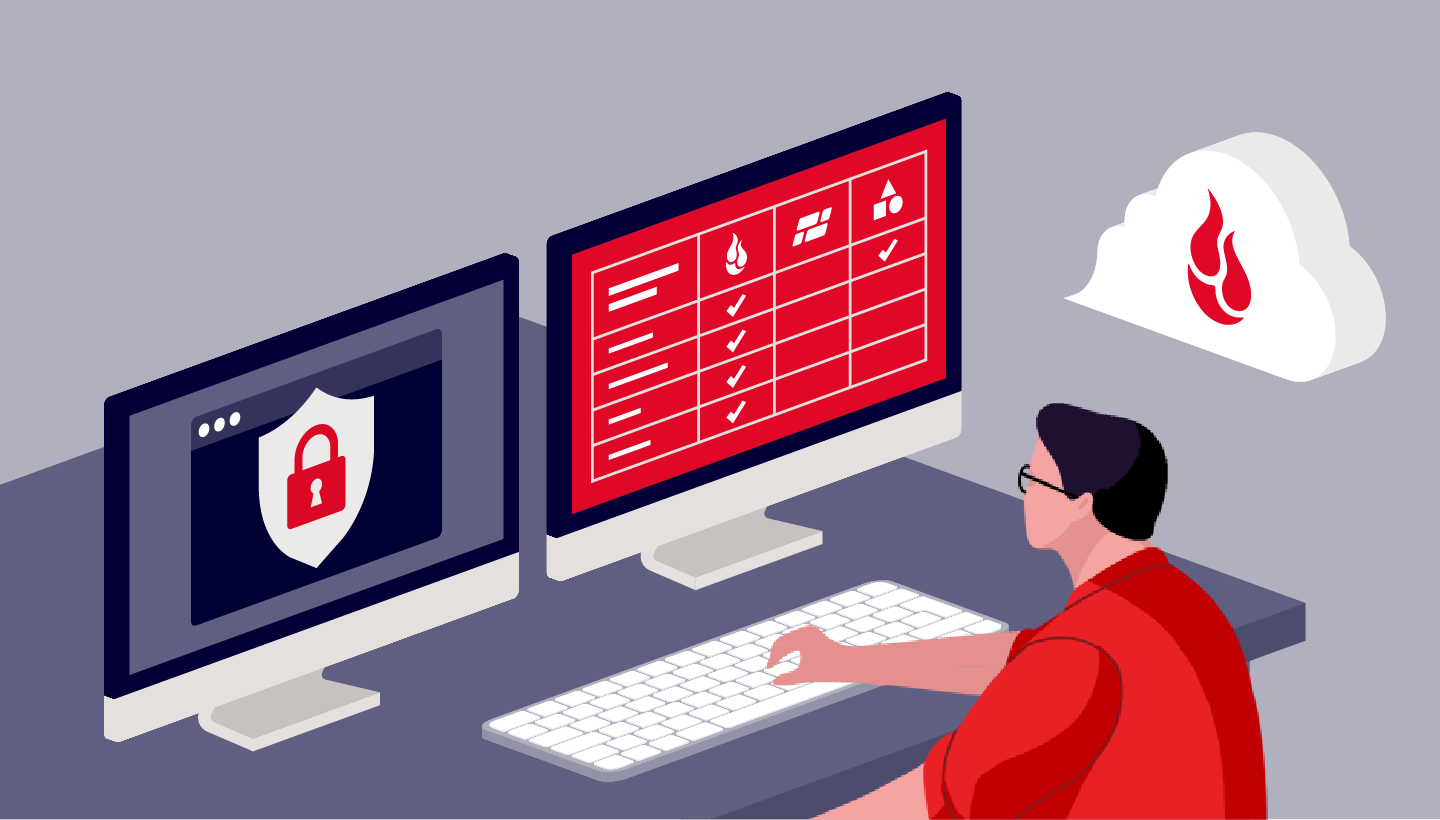June is Backup Awareness month, and Backblaze being a data backup company, is keen to have folks be, well, backup aware. During the year, we publish blog posts and articles on data backup and spend marketing money spreading the word—back up your data. We’re not alone, as there are plenty of other companies doing the same thing. So how are we all doing? Let’s find out.
The 2016 Backup Awareness Survey
This is the ninth year we’ve asked the folks at Harris Interactive to poll computer owners and ask the question “How often do you back up all the data on your computer?” We receive pages and pages of data from the survey and we’d like to share some of the interesting facts and figures. Let’s start with comparing the 2016 results with the previous years. Here are the results in both graphical and tabular form.
Over the years, you can clearly see the percentage of people who have “never backed up” is on a downward trend. In 2016, for the first time, “Never” was not the highest percentage, replaced by “Yearly.”
World Backup Day
While June is Backup Awareness month here at Backblaze, each year on March 31st there is World Backup Day, a day to remind people to back up their computers. Maybe people are taking World Backup Day a little too seriously, as 25% of people in our 2016 survey back up their computers just once a year. While we can appreciate World Backup Day for reminding people to backup their data, we’d like to let everyone know it is OK to back up your computer a little more often.
People Lose Data, a Lot
As part of the 2016 Backup Awareness survey, we asked “When was the last time you or someone you know lost computer data (e.g., photos, music, documents) and could not recover it?” It turns out that 53% of the 2,012 respondents answered in the positive by providing a time-frame of the data loss (i.e., in the last week, in the last month, etc.). Only 24% said they had never experienced data loss or knew someone who did. The remaining 23% of respondents were not sure if and/or when they lost data. With only 8% of people backing up daily it is easy to see how over 50% of people could lose data when their computer crashes or is lost or stolen.
Some Additional Insights…
As noted, we get pages and pages of data with each survey, but rather than bore you with the details we’ve extracted a few interesting nuggets.
- 82% of females in the 18-34 age group have backed up all the data on their computers at least once, while only 65% of females, aged 65 and older, have done the same.
- 84% of college graduates have backed up all the data on their computer at least once, but only 65% of people with only a high school diploma (or less) have done the same.
- 18% of males aged 65 and older back up all the data on their computer at least once a day, but only 4% of females aged 35-44 have done the same.
If we wanted to carry things a little further, then according to the 2016 survey we could suggest:
- A computer owner who is most likely to back up all their data at least once a day is a male, aged 65+, living in the southern U.S., making between $75-100K a year. He is a college graduate, married, and owns his home.
- A computer owner who is most likely to have never backed up all their data is a female, aged 65+, living in the U.S. Midwest, making less than $50K a year. She has a high school diploma (or less), and is not married.
Survey Methodology
The surveys were conducted online within the United States by Harris Interactive on behalf of Backblaze as follows: May 13-17, 2016 among 2,012 U.S. adults; May 15-19, 2015 among 2,090 U.S. adults; June 2-4, 2014 among 2,037 U.S. adults; June 13–17, 2013 among 2,021 U.S. adults; May 31–June 4, 2012 among 2,209 U.S. adults; June 28–30, 2011 among 2,257 U.S. adults; June 3–7, 2010 among 2,071 U.S. adults; May 13–14, 2009 among 2,185 U.S. adults; and May 27–29, 2008 among 2,761 U.S. adults. In all surveys, respondents consisted of U.S. adult computer users (aged 18+), weighted to the U.S. adult population of computer users. These online surveys are not based on a probability sample and therefore no estimate of theoretical sampling error can be calculated.







